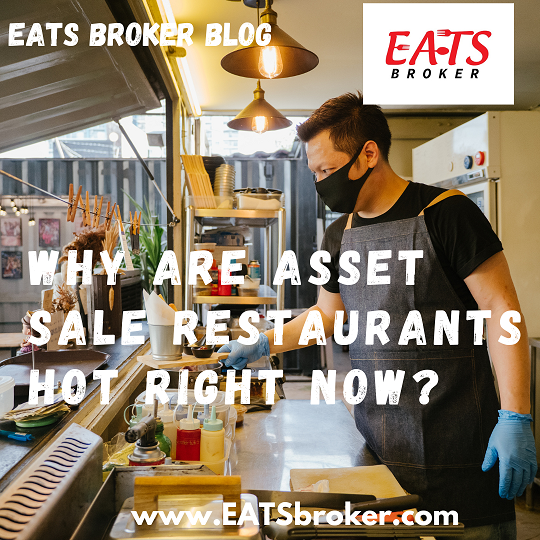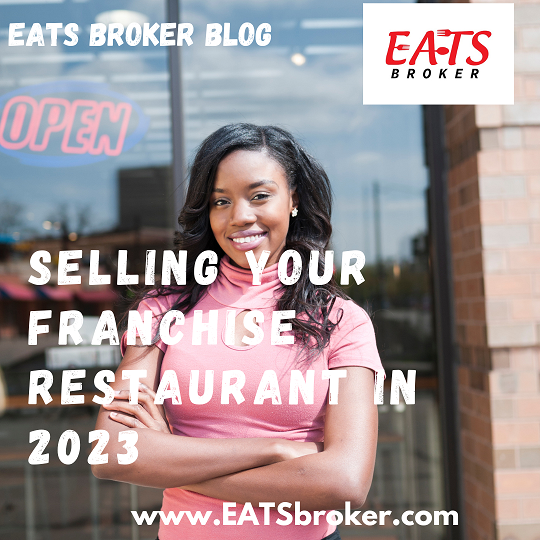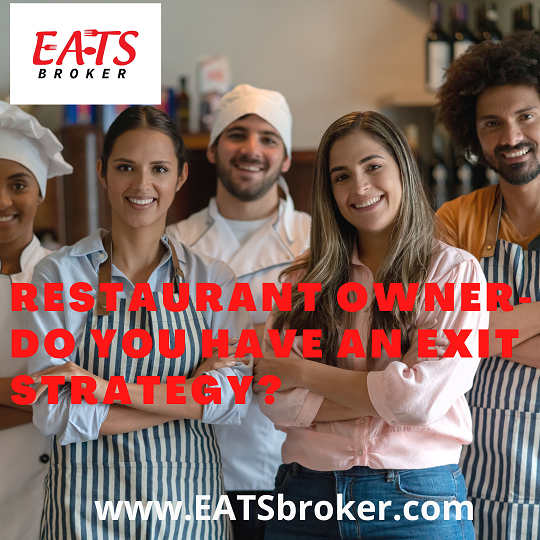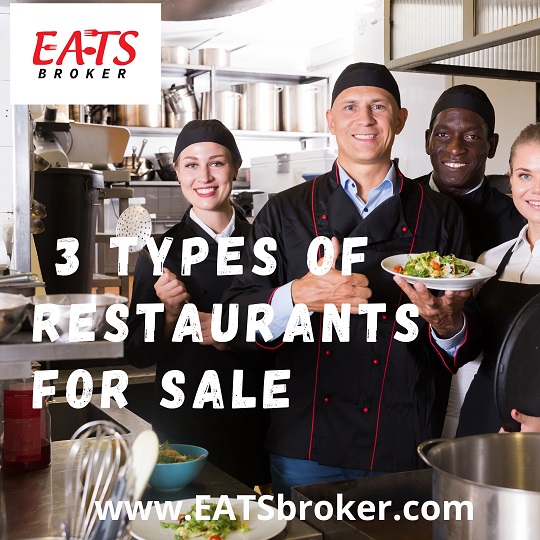
Why are Asset Sale Restaurants HOT right now
Asset Sale Restaurants are HOT right now because several restaurant owners that need to sell were not profitable in 2022. What is an Asset Sale

Asset Sale Restaurants are HOT right now because several restaurant owners that need to sell were not profitable in 2022. What is an Asset Sale

Are you thinking about selling your franchise restaurant in 2023? We have finished the Holiday season, and now it’s time to get ready to start

A Restaurant Owner should start planning an exit strategy before signing the lease. Thinking about the exit strategy should be as important as planning for

The start of a new year brings an increase in the inventory of listed restaurants for sale. There are three types of Restaurants for Sale

© Copyright 2025 EATS Broker | Consumer Protection Notice | Information About Brokerage Services